This post is a written by Paula of Whole Intentions. I'm grateful for the work she put into helpings us learn about natural dental care. This is a topic I have been researching in recent years and find fascinating. I hope you will, too.
Our dentist office is great. The dentist is kind to the little ones, the office is clean and orderly, and the assistants are cheerful and friendly.
So why do I grimace when those reminder postcards come in the mail? Why do I procrastinate when making routine check-ups and cleaning appointments?
Because I'm frustrated. Frustrated with the idea that brushing and flossing are the only ways to prevent cavities, gingivitis, and gum disease. Frustrated with textbook answers. And don't get me started on the toxic waste called fluoride they want us to put in our mouths! (Which, by the way, is more toxic than lead and creates warning labels on toothpaste that say, “if swallowed, seek medical attention immediately.” But I digress. That's for another post.)
Please don't misunderstand me. I think there are great dentists (ours included) who really are concerned about their patients and strive to bring us the best dental care they know to give – but the best possible dental care they know how to give comes out of those textbooks.
Herein lies the problem.
How did people in centuries past care for their teeth without a dentist around? What really causes teeth and gum issues? Are there natural methods to prevent cavities, gum disease and gingivitis before it begins? Are there natural ways to treat cavities, gum disease, and gingivitis?
You guessed it – yep.
Natural Tooth Care – Food

He discovered that the further away these people lived from civilization, the healthier they were. Their diets varied widely, but all of them were much richer in vitamins and minerals (especially calcium) than the diets of “civilized” people.
Dr. Price wrote his findings in his book Nutrition and Physical Degeneration. He discovered that the health of the individual determined the health of their teeth. A cavity is not caused by your toothpaste or how often you brush and floss; it’s your diet. He preached a nutrient-dense, whole foods, organic diet until the day he died.
What does ‘whole foods‘ mean? Food that is as close to its natural state as possible:
- non-processed
- non-genetically modified (GMO)
- organic if possible (not sprayed or treated with chemicals)
Foods like grass-fed beef, free-range chickens and their eggs, raw milk, healthy fats like coconut oil and real butter. Chemical-free and organic farm fresh produce like fresh green beans, crisp cabbage, and leafy lettuce. Real and healthy food.
Natural Tooth Care – Vitamins/Supplements

Vitamin D – is one of the best gingivitis cures. One of the easiest ways to get Vitamin D is through sun exposure but you can also get it, along with Vitamin A, in the form of cod liver oil. The best brand is Green Pasture's Blue Ice Fermented Cod Liver Oil which has been used to cure small cavities (make sure you buy the fermented kind).
Coenzyme Q10 – is a key component for roughly 95% of all the body’s energy production. It helps to repair damaged gum tissue and contains natural healing properties.
Natural Tooth Care – Herbs

Goldenseal – is a traditional remedy for gum inflammation. It's recommended as capsules or taken orally as a tincture to fight bacteria and tone gum tissue. Do not use this herb if you are pregnant, nursing or have heart problems.
Calendula – has anti-inflammatory action and is often used for mouth and throat inflammation. Herbalists use the flower heads to treat oral infections. Folk healers use it as an herbal mouth rinse for bleeding gums. You can also apply calendula tincture directly to your gums.
Myrrh – is used by traditional healers as a mouth rinse to treat gums and mouth and throat infections like tonsillitis and canker sores. It contains antimicrobial and anti-inflammatory actions. Herbalist Penelope Ody recommends it to stop bleeding gums and heal the infection. Avoid myrrh if you're pregnant.
Witch Hazel – the leaves, bark, and stems are used by herbalists for bleeding and inflamed gums. Botanist Ben-Erik van Wyk recommends using it as a mouth rinse several times each day.
Eucalyptus Oil – naturally wards off bacteria that causes plaque and tartar build up. The recommended use is to combine 6 drops of eucalyptus essential oil with 1 cup of water. Gargle as you would with mouth wash, swishing it around for at least one minute and then spitting it out.
Natural Tooth Care – Products
All Natural Charcoal Teeth Whitening
Tooth and Gum Powder
(Includes: Coconut Activated Charcoal and Bentonite Clay Formula)
OraWellness HealThy Mouth Blend
Natural Tooth Care – Further Reading
- Nutrition and Physical Degeneration
- Cure Tooth Decay
- Nourishing Traditions: The Cookbook that Challenges Politically Correct Nutrition and Diet Dictocrats
- Oil Pulling Therapy: Detoxifying and Healing the Body Through Oral Cleansing
- All Natural Dental Remedies: Herbs and Home Remedies to Heal Your Teeth & Naturally Restore Tooth Enamel
- Kiss Your Dentist Goodbye: A Do-It-Yourself Mouth Care System for Healthy, Clean Gums and Teeth
- Reversing Gum Disease Naturally: A Holistic Home Care Program
- Healthy Teeth the Holistic Way (Radiant Health Primer)
photo credit: free digital photos

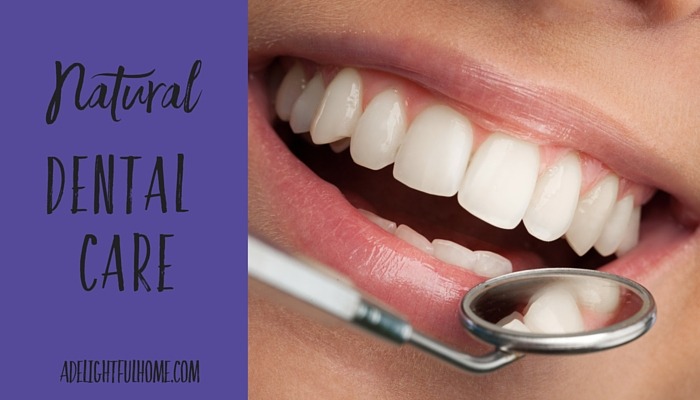
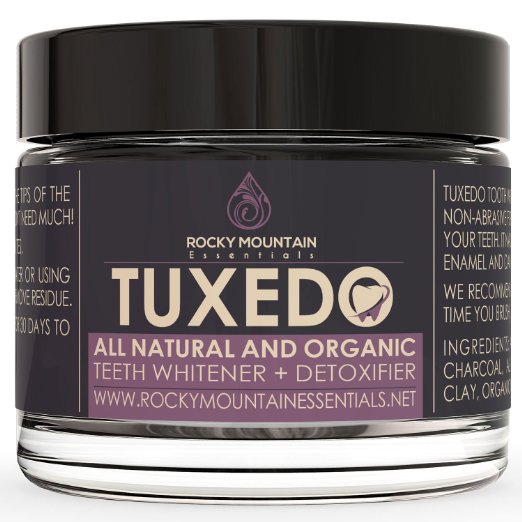
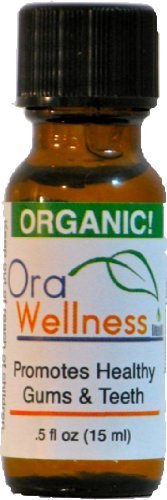




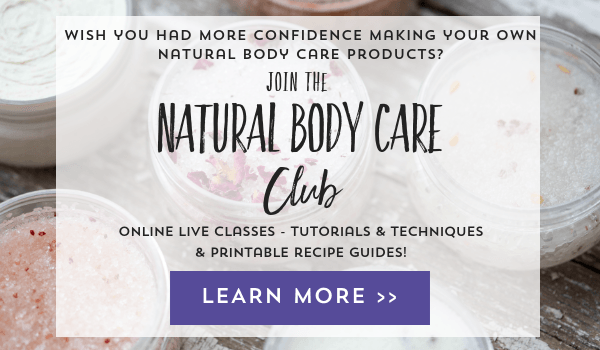
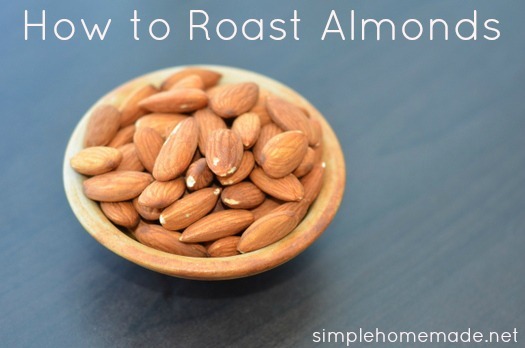 How to Roast Almonds {and a Spiced Almond Recipe}
How to Roast Almonds {and a Spiced Almond Recipe} →
→
I just posted on Natural Teeth Cleaning yesterday, and I wish I had seen this before so I could have linked up to it! I will be posting this to FB. Thank you! This has some really great information!
We usually use a tooth powder with baking soda, sea salt, herbs, and a bit of stevia. I like to use sage, mints, cloves, cinnamon, and a pinch of chili powder, or any random combination of them. Our teeth have been very healthy using that and eating a whole foods diet. I’m no longer nervous when I go to the dentist!
I’m pinning this to reference if we have tooth problems that need some help. Thanks for the great tips!
Thanks for this insightful post! I’ve also found that when I cut back or restrict myself of eating refined sugars, my teeth don’t hurt at all. I believe that if we didn’t live in a culture of fast food and a multitude of processed ‘junk’, we would all be healthier from top to bottom, as well as inside and out!